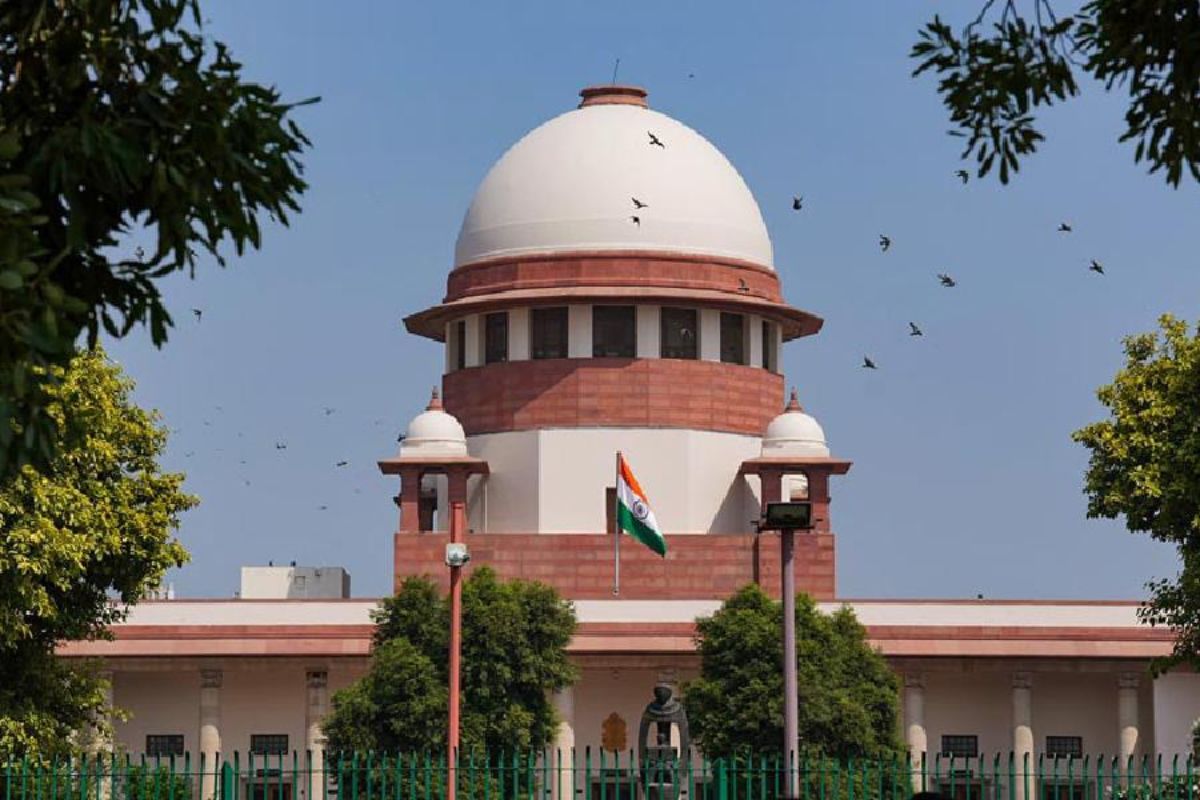Questioning Kerala Governor Arif Mohammed Khan on sitting over and not acting on the eight bills sent to him between 2021 and 2022 for his assent, the Supreme Court on Wednesday permitted the Kerala government to amend its petition to seek the framing of the guidelines for the handing of the bills for accent, returning to legislature for reconsideration and reserving it for reference to the President – presented to him for his assent.
Noting that the Governor acted on the eight bills that were pending with him for two years only after Kerala government knocked its doors and no reason has been given by the Governor for keeping the bills pending, Chief Justice D Y Chandrachud heading a bench also comprising Justice J B Pardiwala and Justice Manoj Misra said the governor can’t stand in the way of the government and the governance of the State.
Taking a dim view of the way Governor Khan has acted, the CJI Chandrachud said, “The power of the governor cannot be utilized to pause the law making exercise of the legislature.”
The court noted that three of the seven bills that Governor Khan has now sent to the President are the one on which he had earlier promulgated the ordinance which were passed by the State assembly.
Referring to the communication by the Attorney General R Venkataramani informing the court that out of the eight bills that were pending with the Governor Khan since 2021 and 2022, one has been assented and seven referred to the President of India, the bench said that the prayers in the petition by the Kerala government stands addressed.
As court permitted the Kerala government to amend the petition to include prayer for the framing of the guidelines, Attorney General R Venkataramani tried to dissuade from adjudicating the issue, describing it as an “abstract issue”.
Disagreeing with the Attorney General Venkataramani, senior advocate K K Venugopal insisted and urged the bench to frame the guidelines, pointing out that it was happening again and again. He referred to the similar situation in other non-BJP ruled States.
Senior advocate and the former Attorney General Venugopal told the bench, “For two years a welfare bill is not allowed to be a law. The governance of the State is suffering. This is adversarial. Unless your lordships (judges) step in very strongly, it will affect citizens.”
Finding substance and the context in which Venugopal made his submission, the CJI Chandrachud said, “Mr. AG there is some merit in it. Why is the Governor sitting on the bills for two years?”
In an apparent reference to the political exchanges that go on between the government and the Governor, the Attorney General said, “I don’t want to get into the political arena …”
The bench said, “We will go into it. It is about accountability.”
On the standoff between the Governor Khan and the State government on the other pending bills, CJI said that the Governor will invite the Chief Minister and the Minister in-charge relating to the pending bill sent to the Governor between August-September 2023, and they would meet him.
Venugopal said that insistence on Chief Minister Pinarayi Vijayan meeting the Governor Khan is a face-saver for the latter.
The Kerala government had approached the top court seeking directions to the State Governor Khan to give assent to the bills that are pending with him for the last two years.












